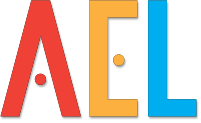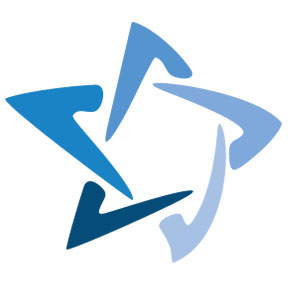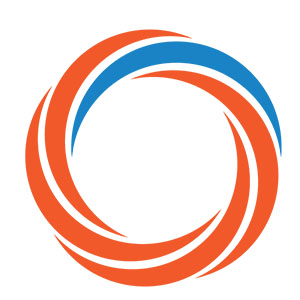Statewide Appraisal System

Advancing Educational Leadership
Administrators must be knowledgeable in curriculum and instruction, must be skillful in data gathering and analysis, must be able to set goals, must be skillful in conducting effective conferences, must have team building skills and conflict resolution skills, and have mentoring and coaching skills. In order to meet these expectations, the Texas Education Agency and ESC Region 13 have developed Advancing Educational Leadership (AEL). This three-day, researched based and engaging training is now required for teacher appraisers who are T-TESS evaluators.

Texas Teacher Evaluation and Support System
The Texas Teacher Evaluation and Support System (T-TESS) focuses on providing continuous, timely and formative feedback to educators so they can improve their practice.

Texas Principal Evaluation and Support System
The intended purpose of the Texas Principal Evaluation and Support System is to assess the principal’s performance in relation to the Texas Principal Standards. The evaluation should take place in a collegial and non-threatening manner. The principal will take the lead in conducting the evaluation through the use of self-assessment, reflection, and input gathered from various stakeholders with an interest in the leadership of the school. The evidence and documentation gathered by the principal is not intended to become a portfolio. Rather, it should provide a basis for self-assessment, goal setting, professional development planning, and demonstration of performance on specific standards.

Student Learning Objectives
SLOs are long-term goals for student learning crafted by teachers and administrators. Often working in teams with peer, school, and district support, teachers develop these goals to help define what success looks like for their students and plan backwards to ensure that instruction is purposefully guiding schools, teachers, and students toward a common vision of success.
The SLO process strives to bring together the varied pedagogical considerations a teacher juggles throughout the year – curriculum, instruction, assessment, adjustment, and evaluation. The SLO process encourages and prompts continual reflection and self-assessment so teachers can focus on aligning curriculum, instruction, and student performance.